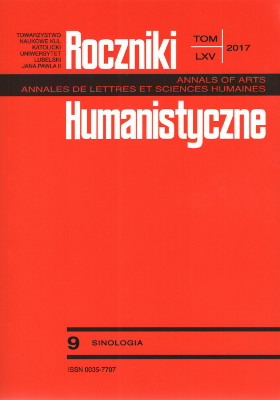O chińskim modelu wczesnej edukacji dziecięcej w kontekście międzykulturowych badań psychologicznych
The Chinese Model of Early Education from the Perspective of Cross-Cultural Psychological Research
Author(s): Joanna Afek, Arkadiusz GutSubject(s): Social Sciences, Education, School education, Educational Psychology
Published by: Towarzystwo Naukowe KUL & Katolicki Uniwersytet Lubelski Jana Pawła II
Keywords: children; parenting; home education; Confucianism; China; cross-culture study
Summary/Abstract: The development of social cognition and its link to educational methods that differ across cultures has been the object of heated discussion for many years. In the proposed paper, we first survey research demonstrating significant differences in the development of social cognition between children from the West and the East (China, Japan). We focus on the mindreading ability and the competences that require the complete set of mentalistic concepts (e.g. intention, belief, trust). Next, we present the basic ideas found in Chinese early education which are held up as possible factors determining the developmental differences found in comparative research with Chinese and Western children. We demonstrate that the educational methods in China have been always influenced by Confucianism. We analyze its following aspects: the idea of transformation, authoritative education, child-parent relation in the context of parents’ higher involvement in childcare, and different parenting practices depending on the child’s gender.
Journal: Roczniki Humanistyczne
- Issue Year: 65/2017
- Issue No: 9
- Page Range: 5-28
- Page Count: 24
- Language: Polish

